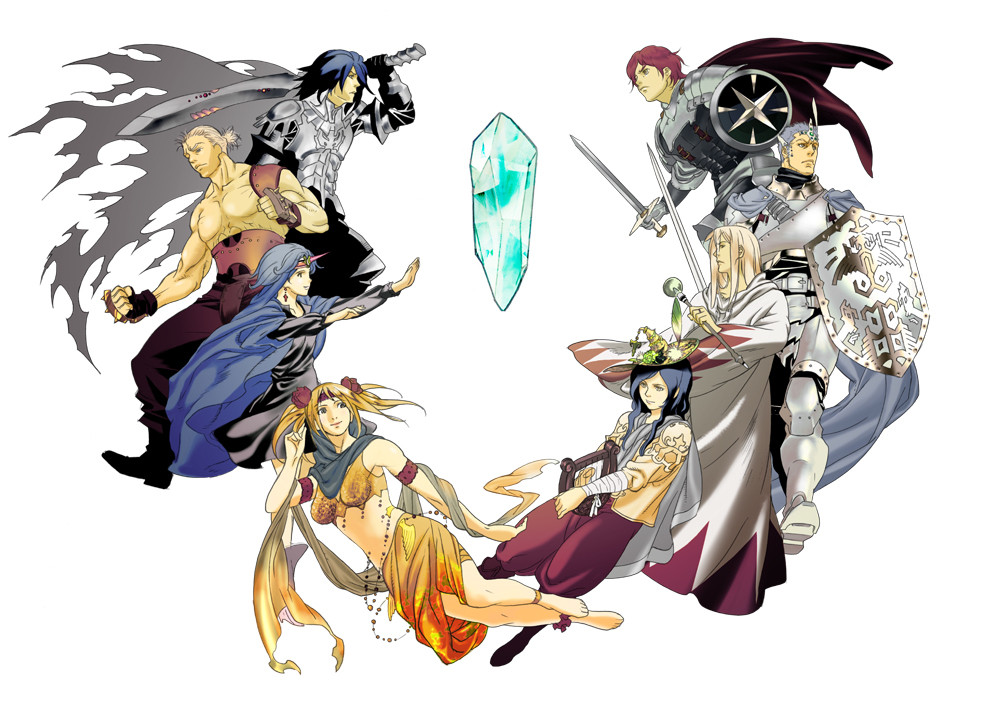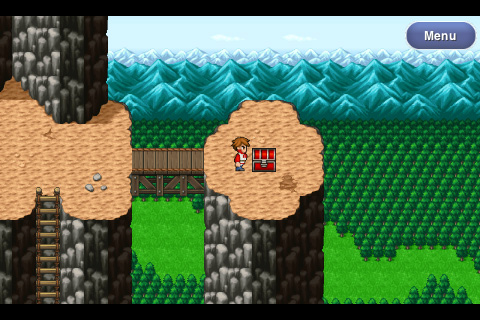Podcasts
| Episode | Date |
| Retro Encounter 300 – Retro Encounter Battle Royale | August 19, 2021 |
Game Reviews
| Review | Author | Platform | Score |
|---|---|---|---|
| Final Fantasy Dimensions | Derek Heemsbergen | iOS | 80 |
Music Reviews
| Review | Author | Released |
|---|---|---|
| Compi de Chocobo | Neal Chandran | September 21, 2013 |
| Final Fantasy Dimensions Original Soundtrack | Derek Heemsbergen | August 8, 2011 |




